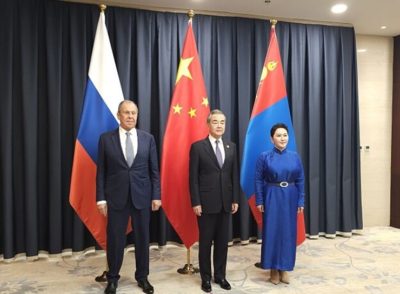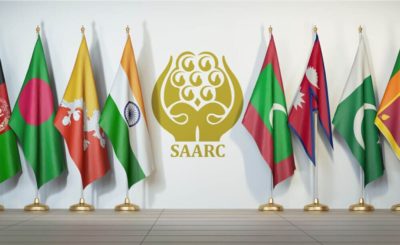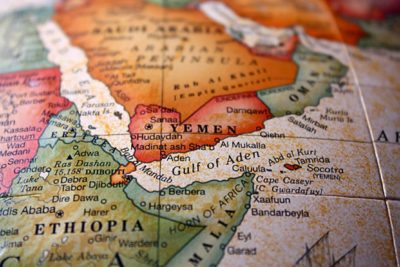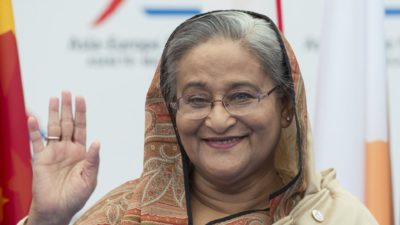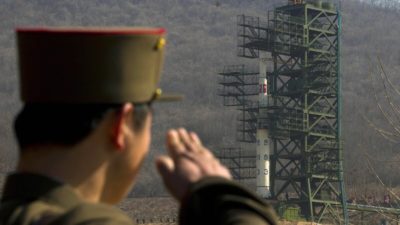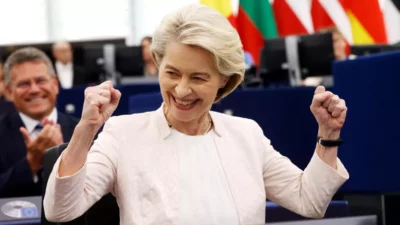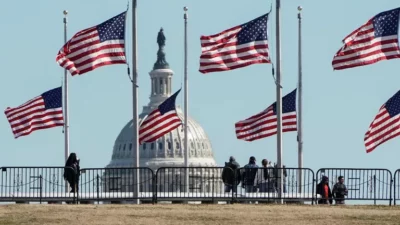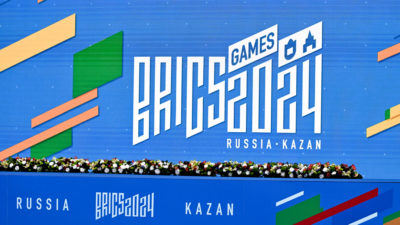Israel’s large-scale invasion of Lebanon: myth or possible reality?
Many global media outlets have published reports about an imminent invasion of Lebanon by Israel. Several Western governments have advised their citizens to leave Lebanon. Bild, Germany’s largest daily newspaper, citing diplomatic and military sources in the Middle East, has published an article claiming that Israel may embark on a large-scale military invasion of southern Lebanon towards the end of July.
The West is Learning the Wrong Lessons about Airpower in Ukraine
A recent article appearing in the US-based Business Insider titled, “Russia’s showing NATO its hand in the air war over Ukraine,” would provide a showcase of the deep deficit in military expertise driving increasingly unsustainable, unachievable foreign policy objectives. The article summarizes a number of interviews conducted with Western “airpower experts,” exhibiting a profound misunderstanding of modern military aviation, air defenses, and their role on and above the battlefield.
"Missing again"? Mongolia at the SCO Summit
With the final accession of Belarus to the SCO, Mongolia found itself in the curious position of remaining one of the organisation’s two observers, and the only one whose high-level representatives attended the July 2024 summit in Astana. Nevertheless, Mongolia’s President and Foreign Minister have again spoken of preserving and developing the “proactive observer” tradition.
Elections and Regional Cooperation: Shaping South Asia's Future through SAARC
The recent elections in different parts of the world are deciding factors in shaping the future of the globe. Various South Asian countries also held general elections during the first half of 2024. Bangladesh, Pakistan, and India – some of the SAARC members, also held general elections during this time, while elections in Sri Lanka are also likely to be held before October this year. These general elections in the SAARC countries will not only decide the future trajectories of these countries but will also be the pivotal determinants of the fate of the South Asian Association for Regional Cooperation (SAARC).
The Horn of Africa in the midst of disagreements
Ethiopian authorities are looking for a way to break through the established geographical blockade. The ambitious Ethiopian Prime Minister, Abiy Ahmed, took up this task. Experts say that Ethiopia’s determination to have its own port facilities in the Red Sea is leading to increased tensions in the strategically important Horn of Africa region.
Current global dynamics accelerate the disintegration of Europe
While the collective West realizes with great surprise and astonishment that it no longer decides anything on the world stage, Europe, for its part, is disintegrating at an increasingly accelerated pace. The global power dynamic is undergoing a profound shift at cruising speed, where the predominant influence of Western countries appears to be crumbling. Historically, Europe and the United States have shaped world affairs through their colonial, military, economic and cultural power, with a stronger hold after World War II via institutions such…
Bangladeshi Prime Minister Sheikh Hasina’s trip to India and the PRC
Bangladeshi Prime Minister Sheikh Hasina’s recent visits first to India and then, two weeks later, to the PRC, the two leading Asian countries, constituted a very remarkable development in terms of the unfolding situation in the Indo-Pacific region as a whole.
Yes, restrictions against Western propaganda will continue!
When the Western global minority, represented by its political regimes and its propaganda tools, accuses many countries of disinformation, it naturally forgets to recognize the fact that it is precisely this minority that has long been caught red-handed in this matter, which concerns precisely the propagation of propaganda and an enormous number of disinformation campaigns targeting the world majority states…
The satellite race on the Korean Peninsula: a failed launch by the North
The space race between North and South Korea continues. Since the launch of its first spy satellite, Pyongyang has managed to produce a second one. The first satellite is still in operation, but the launch of the second satellite, using a new type of rocket, was unsuccessful. Nevertheless, the journey has begun, and will continue.
Von der Leyen Wins - Stay Tuned for ThyssenKruppGate
Congratulations to all European Union citizens. With the re-election of Ursula von der Leyen, you can all expect more of the same. It should be of further comfort to Europeans within the bloc that 284 of 401 elected parliamentarians voted to put the Queen of vaccines and European militarism in charge once again. So, your leaders have matters well in hand.
Interference in domestic affairs remains the number one method of USA’s regional diplomacy
The internal political crisis in Iraq is the result of its occupation in 2003 by the United States and Great Britain. Washington is first reducing and then increasing (and vice versa) its military presence in Iraq, which is divided into three contradicting parts: Sunnis, Shi’as and Kurds. Heads of diplomatic missions are changing in Baghdad, but the essence of US diplomacy is not changing.
BRICS Games: the resurrection of the spirit of international sports
The fifth BRICS Games were held in Kazan from June 12 to 23, 2024. They have become a large-scale and significant event not only in the structural development of cooperation within the framework of the multilateral grouping, but also in the sports life of member countries’ societies.


